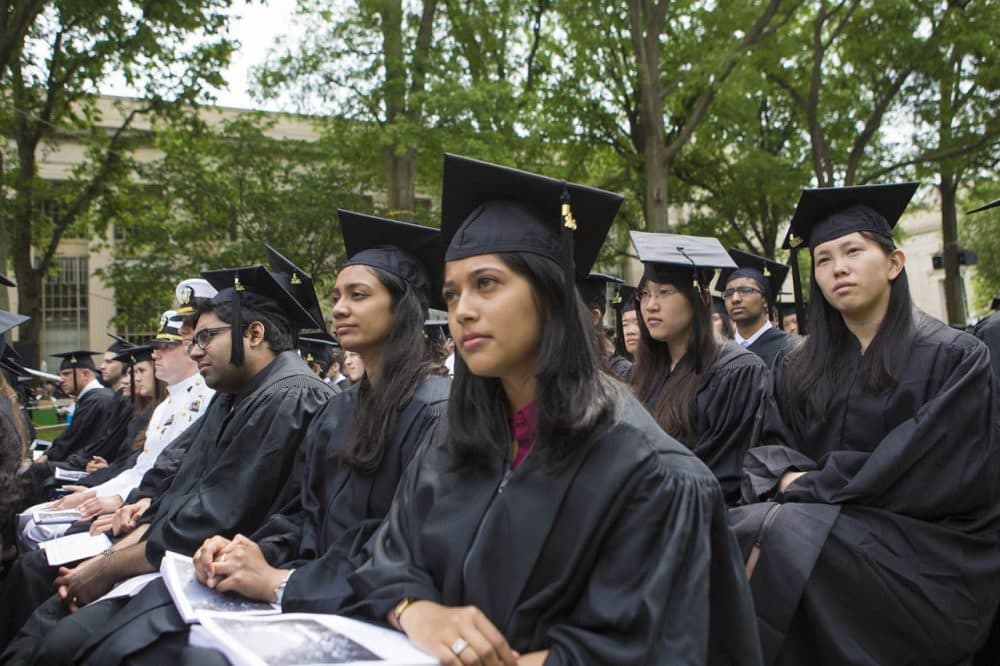Advertisement
One Cambridge Grad Student On How The House Tax Plan Would Raise Her Taxes
Resume
There are about 70,000 graduate students around Boston. Many of them receive tuition waivers in exchange for teaching classes or doing research. These waivers are not considered taxable income, but under the version of the tax plan that passed in the House of Representatives last week, they would be.
Erin Rousseau is a Ph.D. student at the Harvard-MIT Program in Health Sciences and Technology. She earns a $33,000 taxed stipend a year from the university. She is also a researcher at MIT in return for a tuition waiver worth about $50,000.
The waiver is not taxed but, if the House tax plan were implemented, Rousseau said her taxes could increase by $10,000 annually.
Guest
Erin Rousseau, Ph.D. student.
Interview Highlights
On why she thinks tuition waivers shouldn't be considered income
"We never see that money so we don’t get the choice as to what we should do with it. We don’t get a choice to either take out a loan to pay for that tuition. It just immediately goes from this nebulous waiver into tuition."
On universities reclassifying tuition waivers as scholarships
"The bill seeks to impact graduate students immediately. To assume that institutions can just immediately change to be able to reclassify tuition structures is not exactly what they are trying to go for with this bill. We have these ... big schools with huge endowments [that] can afford to do this quickly, but it’s much harder for public universities to make these fast changes, because there are boards of trustees, sometimes they even have legislation involved."
"If I knew I was going to have to take out loans just to go to graduate school, I wouldn’t be able to go because of my medical costs. It would limit my opportunities of the universities I would be able to go to those that could afford those scholarships."
On why she thinks taxing tuition waivers would make America less competitive
"If you limit the amount of graduate students or people that can have a graduate education you are limiting research, which in term reduces the amount of output in American innovation."
This article was originally published on November 20, 2017.
This segment aired on November 20, 2017.